



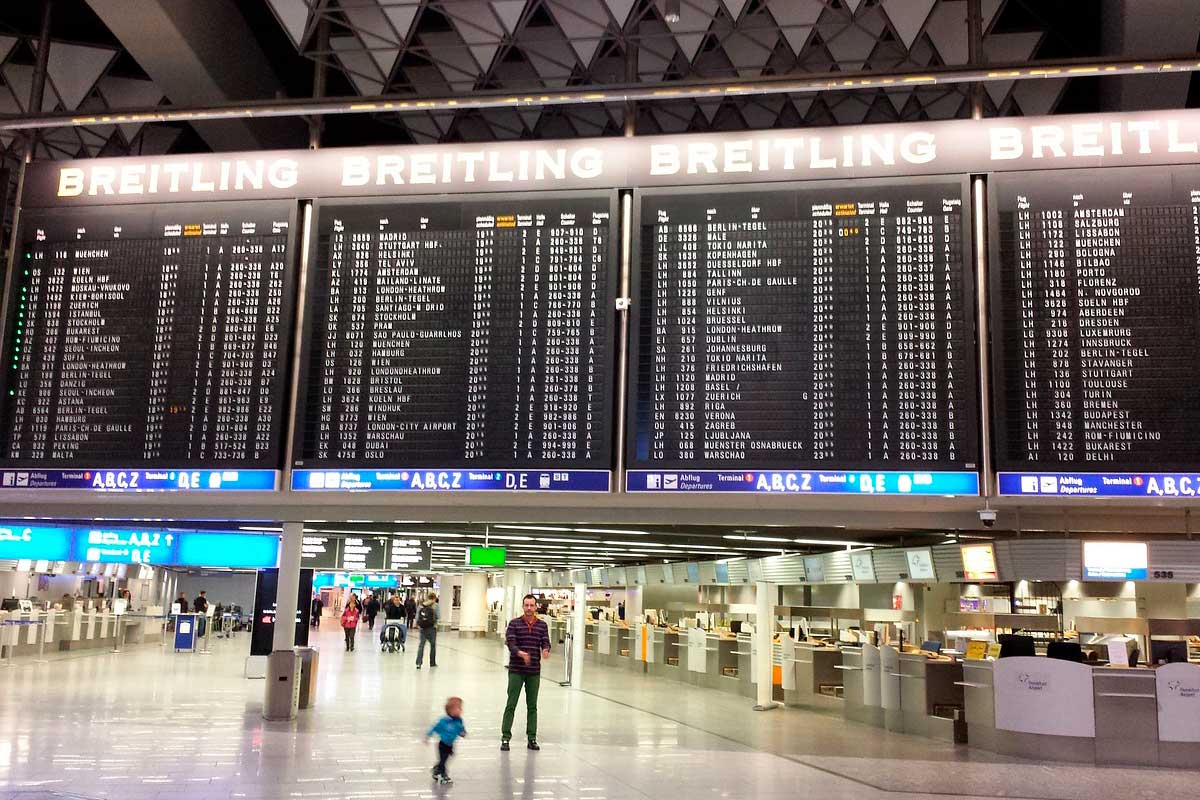
In the modern travel landscape, efficiency and cost reduction are often seen as the twin engines propelling the airline industry forward. The relentless pursuit of these goals has led to a significant transformation in how passengers interact with airlines at every touchpoint. From online check-in and automated luggage drop-off to biometric boarding, technology has streamlined processes, promising a seamless journey from the living room to the airplane seat. Yet, this march toward automation, largely driven by the aim to reduce the reliance on airline employees, has introduced an impersonal dynamic to passenger interactions. However, amidst this shift, a paradox emerges: Can the same technology that distances us also bring us closer together? The answer lies in the potential of Artificial Intelligence (AI) to foster a more humanized, personalized, and enriching travel experience, even as human touchpoints diminish.
The Efficiency Imperative
Automation's rise in airports worldwide isn't just about cutting costs by trimming the workforce. It's about smartly reallocating resources to where they're most needed, enhancing operational efficiency, and ultimately, enriching the passenger experience. Self-service kiosks and biometric scanners streamline mundane tasks, reducing queues and wait times, and freeing up airline staff to address more complex customer needs. Yet, the ultimate goal of these innovations is not merely to save on salaries but to create a smoother, more enjoyable journey for every traveler.
The Cost of Impersonality
The efficiency gains from automation are undeniable, yet they come with a hidden cost: the erosion of personal interaction between airlines and their passengers. This shift risks turning the travel experience into a series of transactions, where passengers are guided more by screens and sensors than by smiles and human warmth. The challenge, then, for airlines is to navigate this new landscape without losing the essence of what makes travel memorable: the human connection.
AI: The bridge over impersonal waters
This is where AI steps in, not as a replacement for human interaction but as its enhancer. Far from being just a tool for operational efficiency, AI holds the key to personalizing the passenger experience at scale. For instance, AI-powered chatbots can provide 24/7 assistance, handling routine inquiries with ease while directing more complex issues to human agents. This ensures that passengers feel supported at every step of their journey, regardless of the hour or issue at hand.
Predictive personalization: The next frontier
Beyond reactive services, AI enables airlines to anticipate passenger needs and preferences, crafting personalized experiences that were once the domain of luxury travel. By analyzing historical data and current trends, AI can suggest optimal travel times, anticipate delays, and even offer personalized recommendations for in-flight entertainment and meal choices. This level of service, powered by AI, ensures that passengers feel recognized and valued, not as mere ticket numbers but as individuals with unique preferences and needs.
A new management paradigm
Achieving this balance between automation and personalization requires a shift in management philosophy. Airline leaders must view technology not merely as a means to reduce costs but as an opportunity to redefine the passenger experience. By investing in AI and other technologies, airlines can create a new kind of travel experience, one that marries efficiency with empathy, automation with personalization.
Envisioning tomorrow: A harmonized journey ahead
As the airline industry continues to evolve, the integration of AI into customer service operations stands as a testament to the potential for technology to enhance human connections. In this new era, the goal is not to remove humans from the equation but to leverage technology to make every interaction more meaningful. By embracing AI, airlines can ensure that, even as the journey becomes more automated, the skies remain as friendly as ever.
The future of air travel lies not in choosing between human warmth and technological efficiency but in finding innovative ways to combine them. As airlines navigate this path, they have the opportunity to redefine what it means to fly, transforming the skies into a place where technology brings us closer together, making every journey an unforgettable chapter in the larger story of our lives.
Within the transformative embrace of AI, we discover a profound insight, a reminder that pulses at the core of our industry's evolution—the passenger, the individual, is our true focal point. Amidst the marvels of automation and the efficiency it heralds, AI's greatest gift may well be its ability to bring us back to this fundamental truth. By tailoring experiences with a precision and understanding previously unattainable, AI re-centers our focus on the human element of travel. This technological leap it's a beacon that illuminates the heart of our industry—the people we serve. In this digital age, as we stand on the cusp of what might seem like a new world, the implementation of AI is a poignant reminder that at the end of every journey, every click, every automated process, is a person seeking connection, comfort, and a sense of belonging.
(Source: Aerovalue)

IThe security sector in Spain, and by extension, in many parts of the world, is at a crucial crossroads. Governed largely by public sector contracting Laws, where public administrations emerge as the primary client, a peculiar situation has unfolded. Private security companies, in essence, transform into pseudo temporary employment agencies. Upon winning a tender, these companies inherit the employees of the preceding entity, only to potentially pass them on to the next victor in this perpetual cycle. This model, deeply ingrained in Spain's private security framework, stifles innovation and the implementation of advanced methodologies, including essential technological advancements, due to the fear of deviating from stringent tender specifications.
Shift towards Intelligent Security
The narrative, however, is on the brink of a revolutionary shift, spearheaded by the concept of Intelligent Security. This transformative approach is predicated on the integration of technological prowess, particularly Artificial Intelligence (AI), into the very fabric of physical security processes. Furthermore, it advocates for a marked enhancement in quality training, transcending the basic requirements mandated by law for service provision. This evolution is not just about adhering to regulations; it's about redefining the essence of security itself.
Professionalism and limitations
In Spain, security personnel are lauded for their professionalism, a testament to their commitment and capability. Yet, this commendable attribute is overshadowed by an overarching limitation: the sector's reluctance, or perhaps incapacity, to harness technological innovations. This reluctance not only compromises the potential for delivering superior services but also jeopardizes the safety and efficacy of those tasked with this demanding and often underappreciated role.
Embracing technological and cultural shift
The dichotomy between Spain's current security practices and those of countries that have embraced Intelligent Security is stark. Nations leading in this domain recognize the indispensable value of technology in augmenting human expertise. AI is not just a tool; it's a partner in devising strategies, analyzing risks, and executing operations with precision and foresight previously deemed unattainable. This partnership between man and machine elevates the standard of security services, ensuring adaptability, resilience, and, most importantly, a safeguarding of human life and property against evolving threats.¡
To truly transition into the realm of Intelligent Security, a comprehensive overhaul is necessary. This involves not only a technological upgrade but a cultural shift within the industry. Embracing AI and other technological innovations means moving beyond the fear of the new and the unknown, to a recognition of their potential to revolutionize the sector. It requires an investment in continuous learning and development, ensuring that security personnel are not just operators but informed interpreters of technology.
Bidding processes and quality of service
In the quest for a more effective and efficient security paradigm, the regulations and requirements demanded in the bidding processes, and even the drafting of bidding documents, plays a crucial role. these processes must explicitly allow for service improvements based on definitive criteria such as objective efficiency ratios, a reduction in work absenteeism, and the users' perception of the service. This approach is not a loophole to secure additional funds beyond what is tendered. Instead, it is a belief rooted in the possibility of enhancing service quality while concurrently reducing costs—a scenario that paradoxically may also widen the profit margins of private security companies awarded contracts. This strategy underscores a commitment to excellence and efficiency that benefits all stakeholders involved.
Dignification of the role of the Security Guard
Moreover, the transformation towards Intelligent Security necessitates an essential component—the dignification of the Security Guard's role. This recognition involves not only strengthening their authority through legislation but also acknowledging the risks associated with their profession by offering them early retirement, national awards and mentions for extraordinary work as well as other signs of social recognition. Such measures are not just acts of appreciation but also a profound acknowledgment of the sacrifices made by these individuals. It's imperative to understand that technological advancements and procedural improvements, devoid of respect and acknowledgment for the human element, are meaningless. Demanding a paradigm shift without counting on those who will apply it does not make any sense.
Call to action
The integration of technology, the enhancement of procedural efficiencies, and the dignification of the Security Guard collectively signal a holistic approach to reforming the private security sector. This comprehensive model advocates for a balanced advancement where human dignity and technological innovation go hand in hand. It's a call to action for legislative bodies, security firms, and society at large to re-envision security services not merely as a contractual obligation but as a critical component of societal well-being, underpinned by respect, efficiency, and technological prowess.
As we move forward, this paradigm shift—characterized by intelligent technology integration, improved service provision, and the rightful acknowledgment of security personnel—embodies a future where security is not just a service but a hallmark of advanced, empathetic, and efficient societal protection. It's a future that respects and values the individuals on the front lines, recognizing their contribution through enhanced authority and the provision of dignified exit strategies from the profession. This vision for Intelligent Security is not just an aspiration but a necessary evolution in how we perceive and value the complex, vital work of securing our societies.
(Source: Aerovalue)
🚀 Discover the latest in aviation with Aerovalue's video roundup! From Super Bowl flights to cutting-edge travel tech, we've got the week's hottest news. Tune in now for a swift journey through the skies! 🛩️ #AeroValueInsights #AviationTrends.
(Source: Aerovalue)
Welcome to Aerovalue's Weekly Aviation Briefing, your go-to source for the latest in the skies. From the bustling runways of global airports to the dynamic operations of airlines and the ever-evolving world of air cargo, we bring you the most up-to-date and insightful news. Dive in with us as we explore the latest trends, breakthroughs, and developments shaping the aviation sector. Stay informed, stay ahead – with Aerovalue.
(Source: Aerovalue)
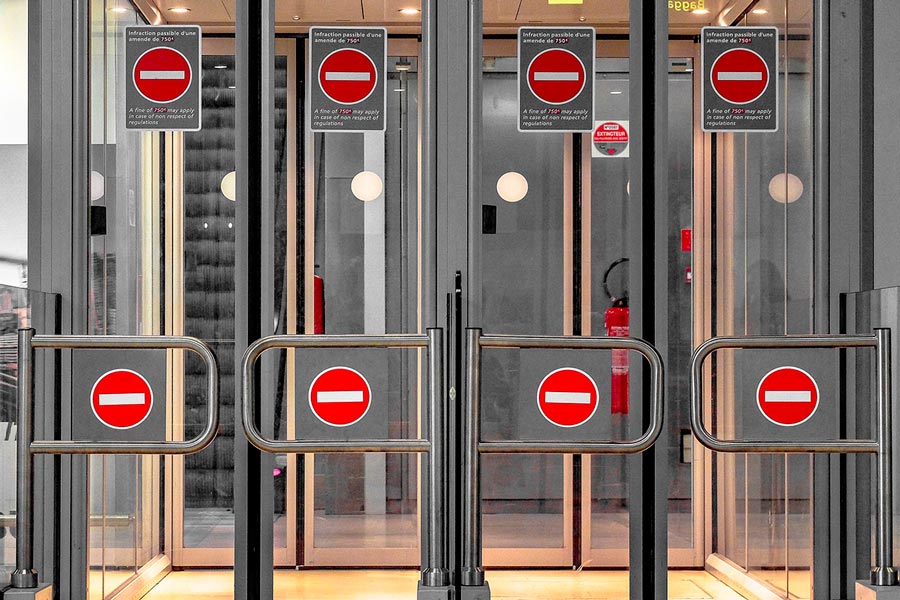
The Science and Technology Directorate (S&T) is pursuing passenger self-service screening to increase screening efficiency and improve the passenger experience while maintaining a stable number of Transportation Security Officers (TSOs). The Screening at Speed Program aims to allow PreCheck® passengers to complete the screening process with minimal to no assistance from TSOs.
S&T's Screening at Speed team and its Transportation Security Laboratory (TSL) have partnered with the Transportation Security Administration (TSA) Innovation Task Force (ITF) to develop and test solutions to build the foundation for the next generation of airport screening. The joint effort aims to increase security effectiveness and reduce checkpoint wait times, benefiting both passengers and TSOs. The Vanderlande prototype, the PAX MX2, combines the Automated Screening Lane carry-on bag conveyance system with new and existing Transportation Security Equipment to create four integrated stations for one checkpoint lane.
The Vanderlande self-service screening prototype will be tested at Harry Reid International Airport in Las Vegas, Nevada, and will receive feedback from mock passengers and TSOs..
(Source: DHS. Read article here)
Welcome to Aerovalue's Weekly Aviation Briefing, your go-to source for the latest in the skies. From the bustling runways of global airports to the dynamic operations of airlines and the ever-evolving world of air cargo, we bring you the most up-to-date and insightful news. Dive in with us as we explore the latest trends, breakthroughs, and developments shaping the aviation sector. Stay informed, stay ahead – with Aerovalue.
(Source: Aerovalue)
Welcome to Aerovalue's Weekly Aviation Briefing, your go-to source for the latest in the skies. From the bustling runways of global airports to the dynamic operations of airlines and the ever-evolving world of air cargo, we bring you the most up-to-date and insightful news. Dive in with us as we explore the latest trends, breakthroughs, and developments shaping the aviation sector. Stay informed, stay ahead – with Aerovalue.
(Source: Aerovalue)
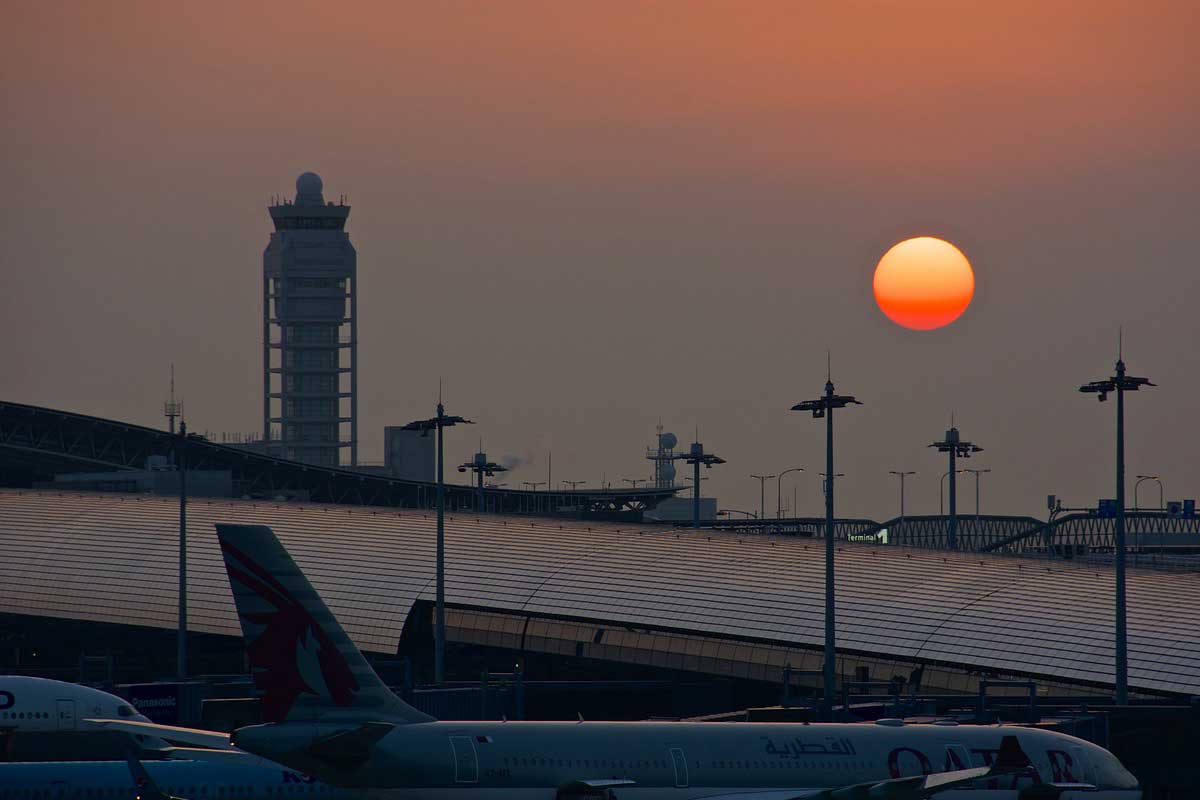
Infrastructure investors in Europe are preparing to sell their stakes in European airports, leveraging the recovery of travel following the COVID-19 pandemic. Edinburgh, one of the largest airports, may see a change of ownership as soon as 2024. Global Infrastructure Partners (GIP) is working on the sale of its majority stake, potentially valued at over 2.5 billion euros ($2.72 billion). AGS Airports, owned by Macquarie and Ferrovial, may follow suit. Investors in 2i Aeroporti are also weighing a sale.
(Source: Emma-Victoria Farr, Andres Gonzalez, Elisa Anzolin, Joanna Plucinska, Mathieu Rosemain, Anousha Sakoui and Elaine Hardcastle - REUTERS Read article here)
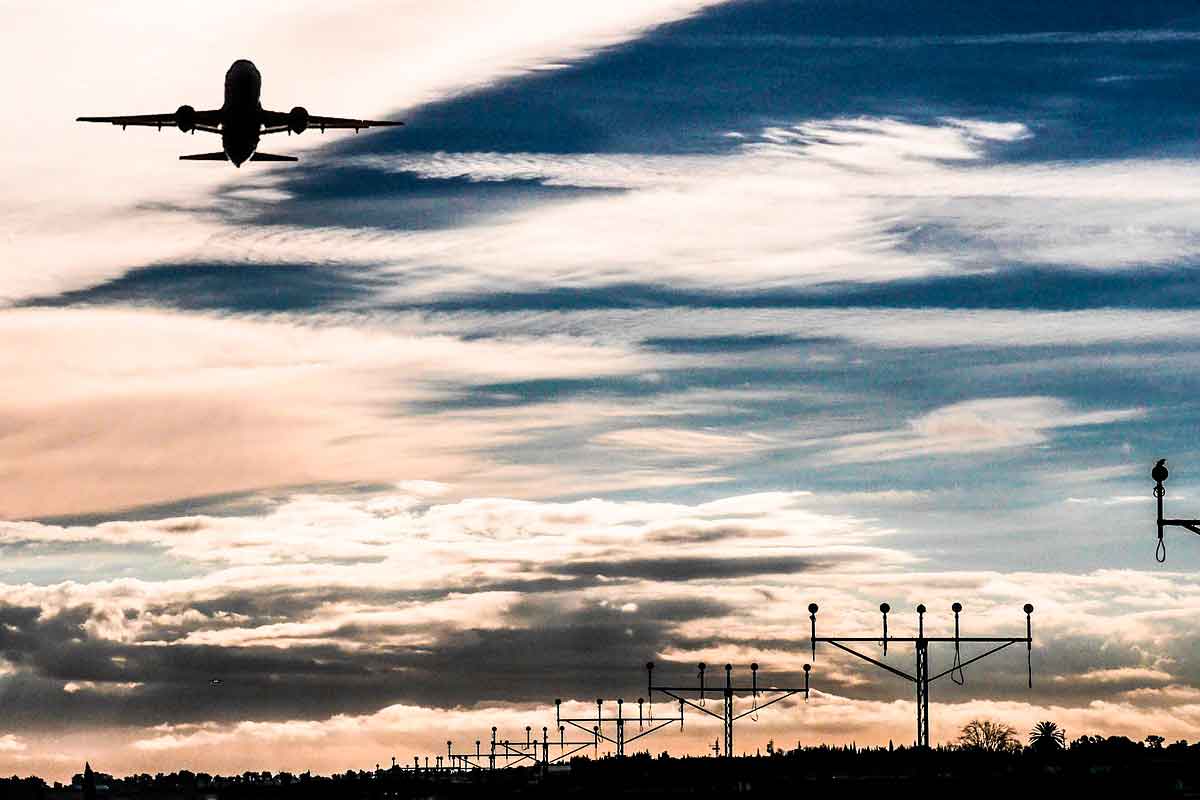
Málaga-Costa del Sol Airport has reached its 20 million passenger annual milestone for the first time in its history. The milestone was celebrated by representatives from airlines, state security forces, and other companies. The airport has broken traffic records since 2023, with the highest traffic in history in July. It also broke daily records for the number of travelers served and operations managed in a single day..
(Source: Martin Romero - AVIACIONLINE. Read article here)
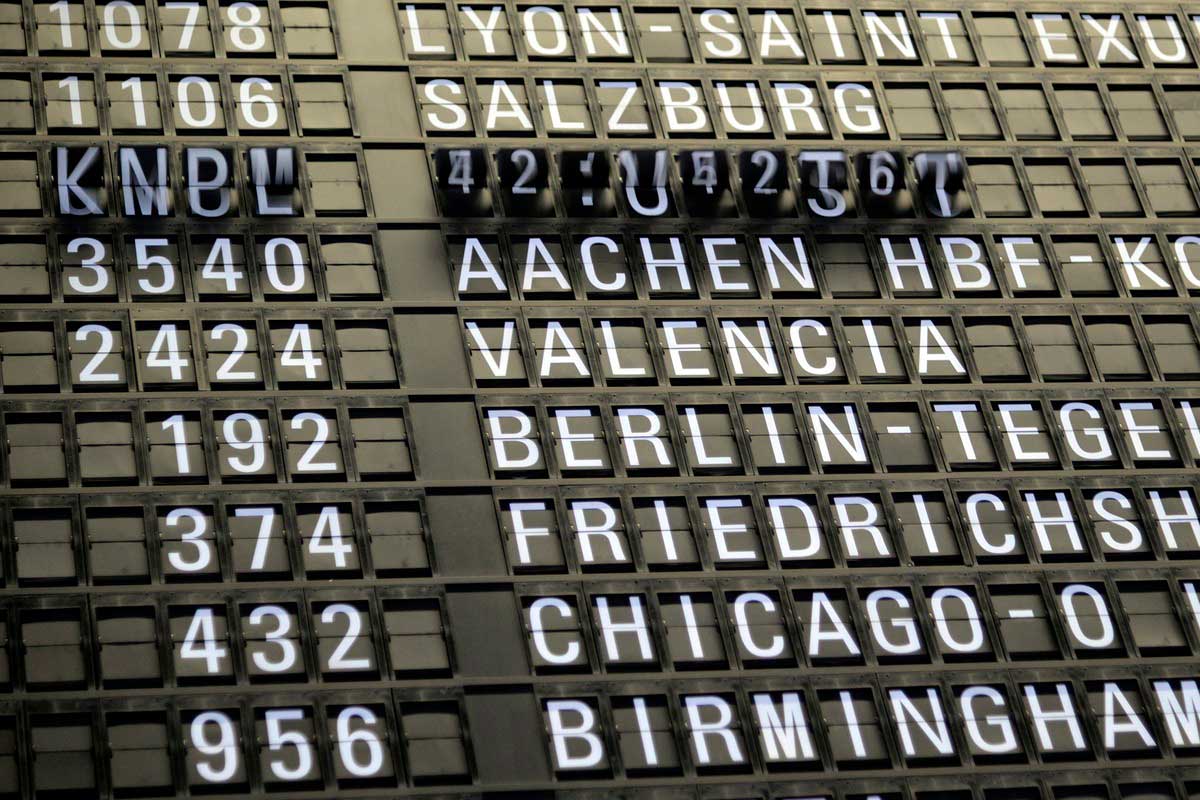
Four bidders have entered the next stage of negotiations to secure a leasehold for Doncaster's airport, which closed last year following a strategic review by Peel Group. The first stage of the procurement exercise has closed, and bidders will submit formalised bids before Spring 2024. The council will continue working with the Civil Aviation Authority to protect the airport's airspace.
(Source: Stephanie Bateman - THE STAR. Read article here)
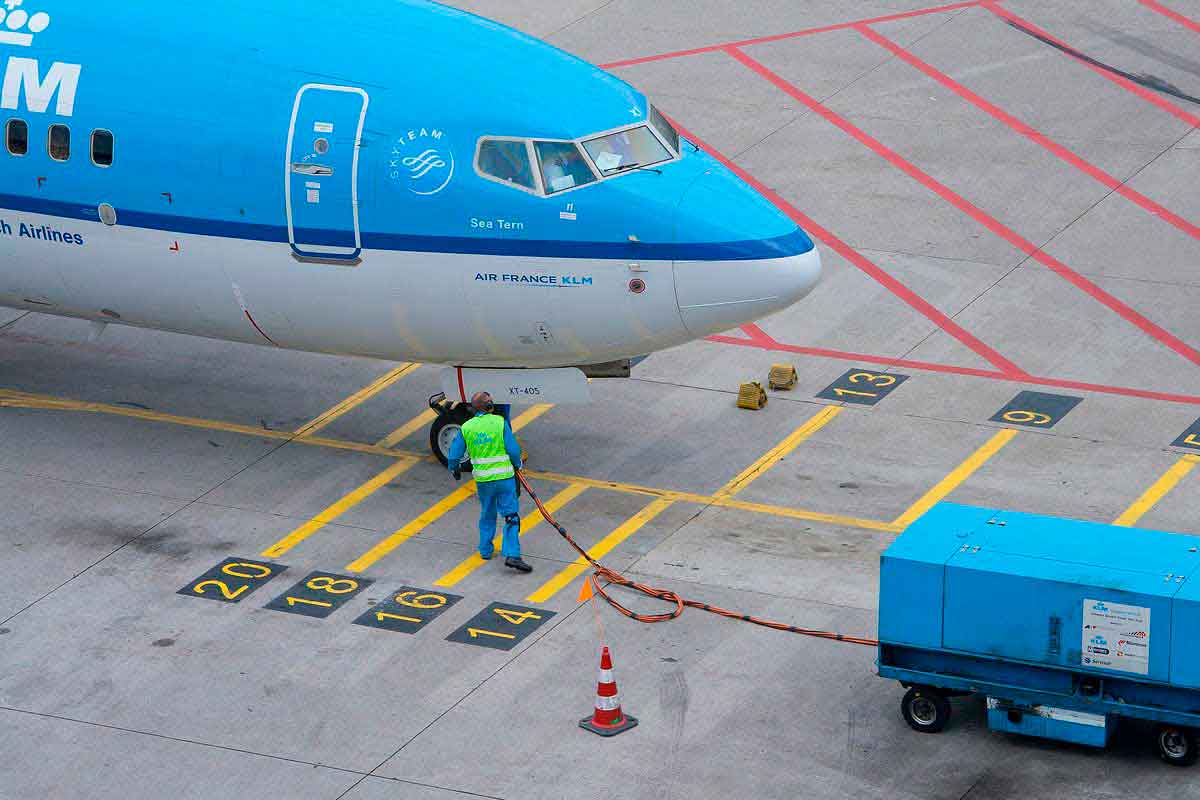
The EU is evaluating if Dutch plans to decrease Schiphol airport flights comply with EU regulations, a significant decision that has not been made before..
(Source: Bart Meijer and Benoit Van Overstraeten - REUTERS Read article here)

Tenerife Sur airport in Tenerife has been experiencing chaos due to Brexit, with hundreds of thousands of British tourists stuck in long queues for passports. The UK's departure from the EU has led to stricter passport controls, with the airport now having a modern second terminal. The queues at passport controls and taxi ranks are also causing issues. The UK's departure from the EU has also led to a change in the process of travelling from the UK to EU countries, with the introduction of the Entry/Exit System (EES) to measure and control the duration of people from third countries' stay in the Schengen Zone.
(Source: Rita Sabot and Milo Boyd - MIRROR. Read article here)

Frankfurt airport recorded its highest monthly flight count for four years in October, handling 40,720 inbound and outbound flights, despite a 14% decrease from the previous year. Frankfurt lags other major European hubs in recovery from Covid-19..
(Source: Rob Gill - BTN EUROPE. Read article here)
Airlines and credit card companies are investing in airport lounge networks, with lounge access being a top reason for credit card signups. Delta plans to add 2,700 seats by 2023.
(Source: CNBC. See video here)
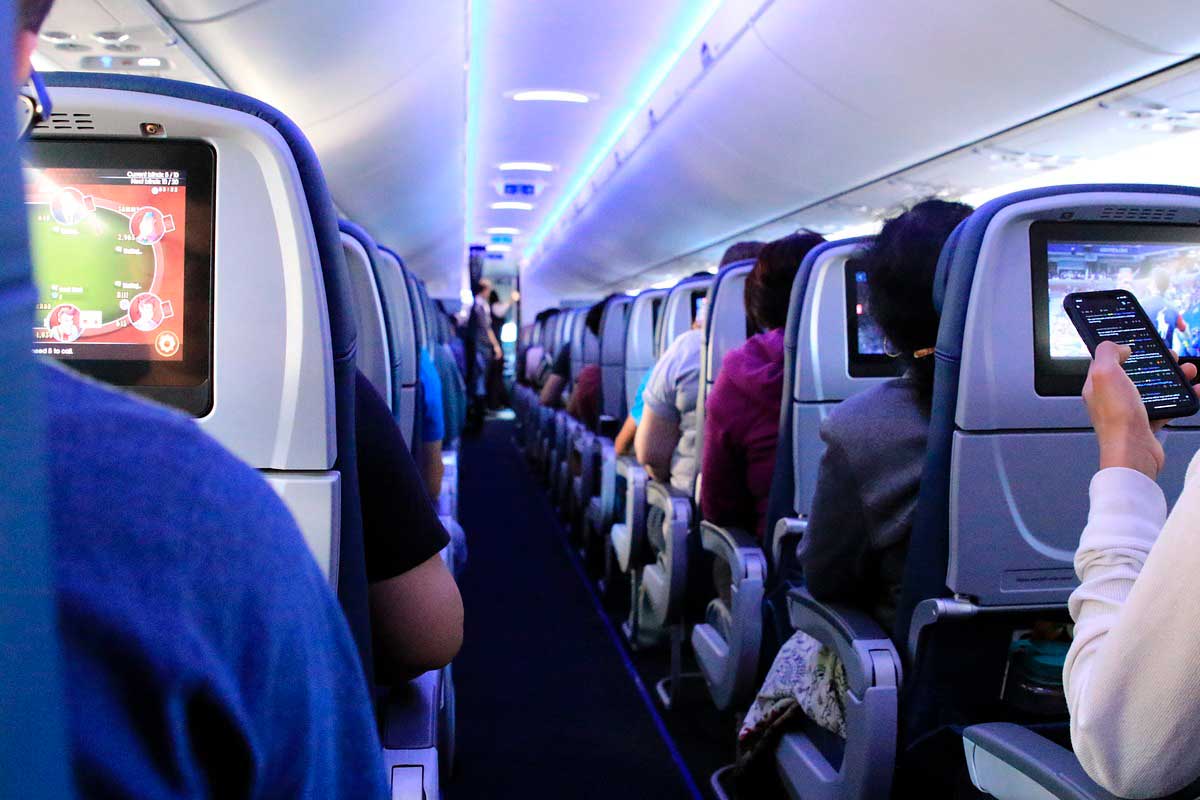
ACI World predicts global passenger traffic will recover to 9.4 billion passengers in early 2024, surpassing the 9.2 billion in 2019. The Latin America-Caribbean region is expected to surpass its 2019 level, while the Asia-Pacific region is expected to see a slowdown due to overseas tourism and economic concerns. ACI World projects a near-recovery of global air travel by 2024..
(Source: ACI - Airports Council International. Read article here)
Welcome to Aerovalue's Weekly Aviation Briefing, your go-to source for the latest in the skies. From the bustling runways of global airports to the dynamic operations of airlines and the ever-evolving world of air cargo, we bring you the most up-to-date and insightful news. Dive in with us as we explore the latest trends, breakthroughs, and developments shaping the aviation sector. Stay informed, stay ahead – with Aerovalue.
(Source: Aerovalue)
Aerovalue is committed to protecting your privacy. We want to assure you that when you visit our webpage, we do not collect any personal information about you without your consent. We respect your online privacy and adhere to strict data protection regulations. Rest assured that your browsing experience on our website is secure and anonymous. If you have any concerns or questions about your privacy while using our webpage, please do not hesitate to contact us. Your privacy is important to us, and we are here to address any inquiries you may have.
Thank you for visiting Aerovalue